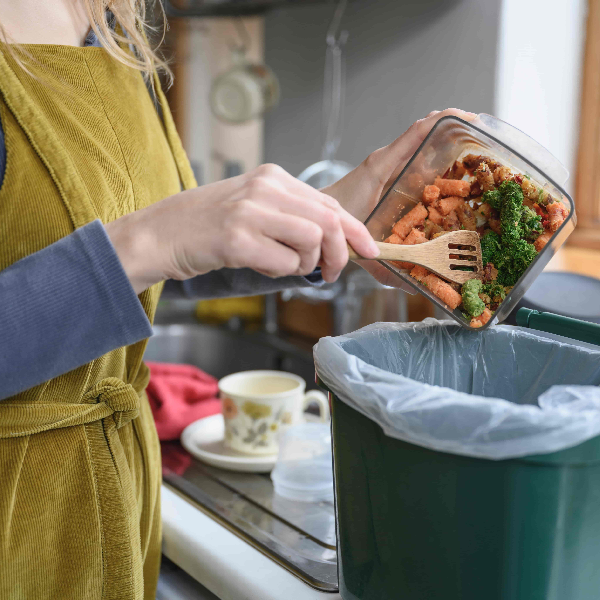
Understanding values and belief changes in relation to food waste behaviours
An exploration of how personal values and beliefs around food develop and change throughout our lives.
Food waste is a major challenge facing Scotland. This report explores how personal values and beliefs around the food we waste develop and change over time, particularly in relation to key life events, social identity and broader environmental understanding.
The aim of this research study was to not only explore how individuals’ beliefs change over time in relation to food waste, but to also consider how people frame their understanding of food waste in the context of wider environmental issues – as well as consider the role frugality plays in shaping our values and beliefs.
‘Understanding values and belief changes in relation to food waste behaviours’ supports a wider body of research that will underpin a series of interventions to tackle food waste in Scotland.
Key findings
Overall this study found that participants hold a wide range of beliefs about food waste, the environment and how these interlink. Key observations include:
- Participants notice and can change behaviour in response to environmental issues they observe in their own lives.
- Childhood experiences have a significant role in forming the moral approach people take to food waste.
- Food waste related values are responsive to key life events and transitions, e.g. when children leave home.
- Frugality and thrift are important values in terms of how people relate to food waste.





